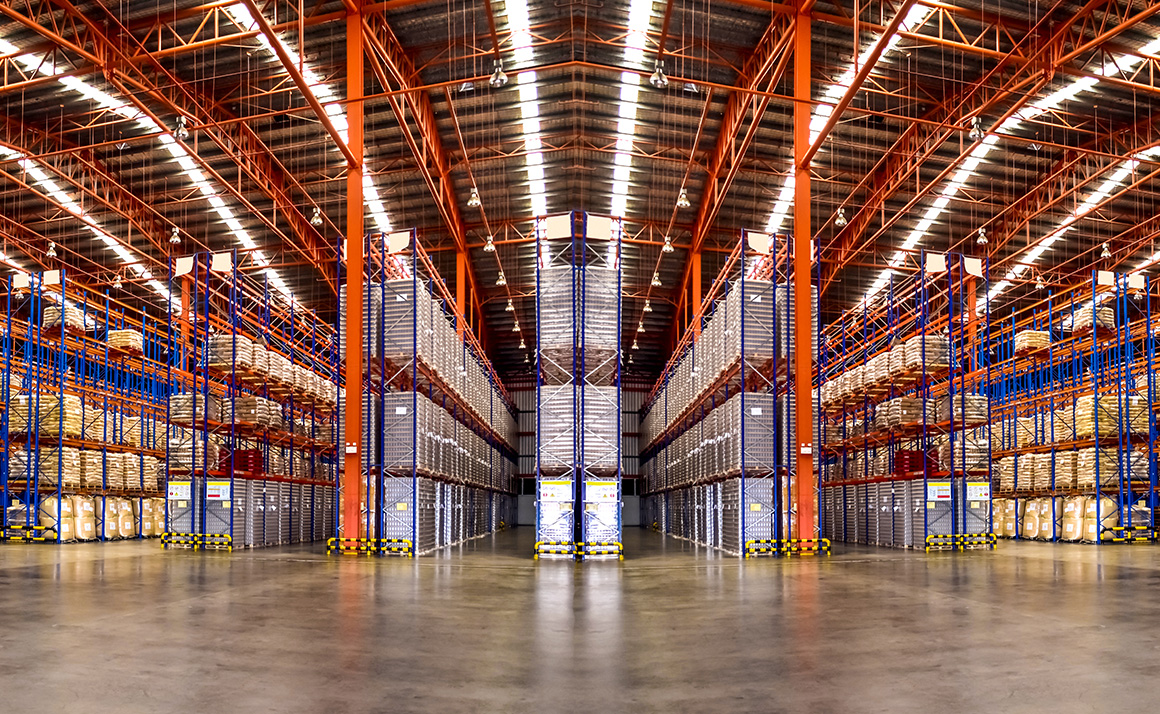
Outlook 2025: Asia Pacific to see AI-led data centre boom
Discover the booming demand for data centers in Asia Pacific, driven by AI and digital transformation. Explore key markets like India, Indonesia, Malaysia, and Korea.
The rise of AI applications and their need for processing power has driven a huge increase in demand for data centres worldwide and Asia Pacific is no different; with developing real estate markets in particular set for growth.
Prospects takes a look at some of the major markets round the region with the hottest prospects for data centre development, driven both by AI and growth of the digital economy. Due to the lack of space and power, developed markets such as Singapore and Japan can be a difficult prospect for the sector. However developing markets could take advantage, especially if they can also offer renewable energy.
India’s data centre industry is on the rise, driven by digital transformation and a growing need for digital infrastructure. The nation is witnessing a rise in AI applications across industries such as healthcare, fintech, real estate, manufacturing and logistics fuelling demand for data centres.
“Given the country’s rich network connectivity, cost advantages, availability of skilled labour, low climate risk and strong data protection laws, India is well positioned to serve as a leading global data centre hub”, says Srinivasa Reddy, Director, Research & Consulting at Savills India.
“We expect data centre stock to increase to 3,050 MW by 2030 across the major cities, significant growth in AI-focused data centres.”
Indonesia has the fastest-growing digital economy in Southeast Asia and will need data centres to support this growth, notwithstanding the needs of AI. So far the nation does not have the data centre infrastructure to support this, but the government is supportive of the sector, says Tommy Henria Bastamy, Senior Director, Research & Consultancy, Savills Indonesia, and is also keen to develop renewable energy.
“Indonesia has committed to providing renewable energy, as evidenced by significant progress in solar, geothermal, and hydroelectric power in recent years. The government aims to increase the share of renewable energy in the total energy mix to 75% by 2040, with the remaining 25% coming from gas.”
The Malaysia data centre market began to accelerate significantly when Singapore halted new data centre developments in 2019. This decision presented Malaysia with an opportunity to capture spillover demand from investors and operators looking for alternative locations. Even though Singapore now allows new developments, its data centre market is limited by power constraints.
Fong Kean Hwa, Director, Research and Consultancy, Savills Malaysia, says: “Malaysia witnessed a surge in land acquisitions specifically for data centre projects, with Johor (Iskandar Malaysia) and Greater Kuala Lumpur being key areas of interest. “Additionally, strong government support has boosted foreign direct investment, including data centre investments, by offering incentives and favourable policies. The Malaysian government recognizes data centres’ economic benefits, further encouraging growth and development in the sector.”
While developing markets have huge potential, Australia has seen substantial investment in data centres, including the A$2 billion ($1.24 billion) IPO of a data centre REIT. Investment in the data centre pipeline and land is expected to escalate, heightening competition with traditional industrial users.
“This increased demand will challenge renewable energy goals due to substantial power requirements, yet also presents significant growth opportunities,” says Katy Dean, National Head of Research, Savills Australia.
“AI’s continued growth into 2025 will further intensify the demand for infrastructure, spotlighting the market’s navigation of land and power constraints amidst rising data centre demand. The rapid expansion in this sector is likely to attract more investors to raise capital or explore new equity sources.”
Meanwhile in Korea, demand for data centres continues to rise, driven by the widespread adoption of cloud computing and AI, continued growth of e-commerce and surging data consumption by consumers. “At the of end 2024, total capacity of data centres in the Greater Seoul Area is estimated at 1.7 GW and is projected to double by 2028,” says JoAnn Hong, Senior Director, Research & Consultancy at Savills Korea.
Further reading:
Savills Asian Cities Report H2 2024



